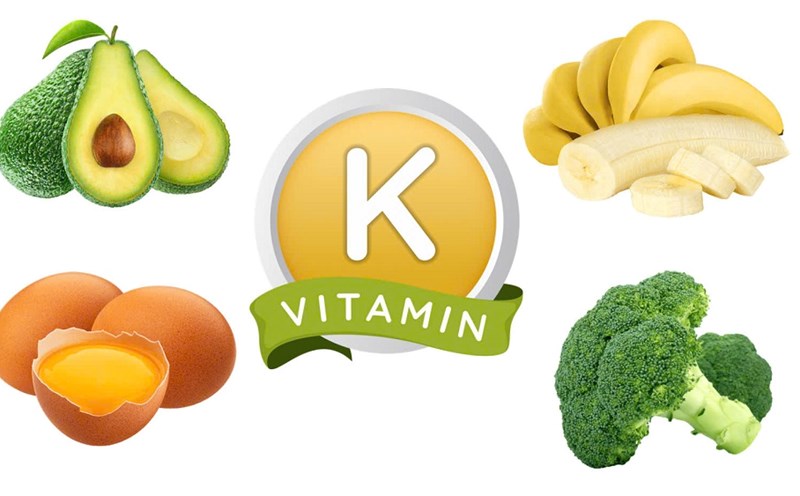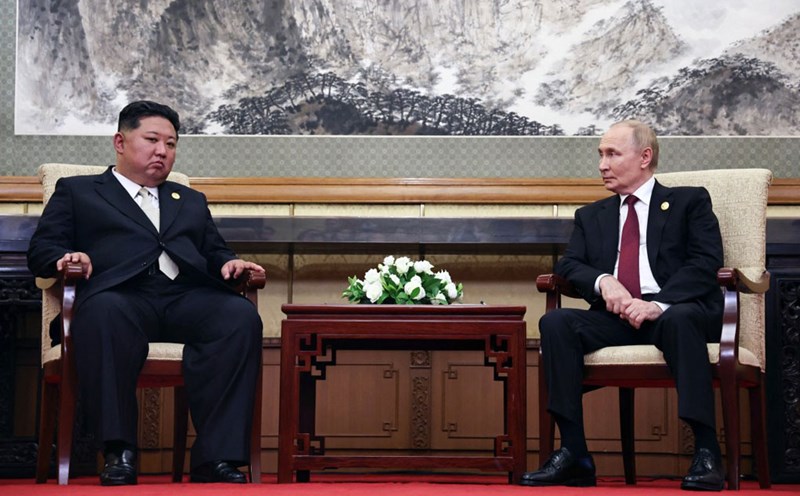Blood clots and bone health
Vitamin K exists in two main forms: vitamin K1 (found in green leafy vegetables) and vitamin K2 ( synthesized by gut bacteria). The body absorbs vitamin K and fat and stores it for use when necessary.
The most important function of vitamin K is to support the blood clotting process. It has long been used to reverse the effects of anticoagulants in cases where patients need urgent surgery.
In addition, vitamin K also participates in the production of bone-based proteins, contributing to maintaining mineral density. Some studies suggest that vitamin K supplementation combined with calcium can improve bone strength. However, scientific evidence is still controversial: some studies show effectiveness in reducing the risk of fractures, while other studies have not found any significant differences.
According to Professor Sarah Booth, Director of the Jean Mayer Human Nutrition Research Center at Tufts University (USA): Vitamin K has the potential to maintain bone health, but more clinical data is needed to confirm long-term benefits.
Regarding cardiovascular disease and the risk of deficiency
Vitamin K helps activate a protein called MGP, which prevents calcium deposition in blood vessel walls, a factor that increases the risk of heart disease. However, there is not enough evidence to confirm that vitamin K supplementation can prevent cardiovascular disease.
Vitamin K deficiency is rare in adults, but is common in infants, because they do not produce it immediately and breast milk contains little vitamin K. Therefore, the American Academy of Pediatrics recommends injecting vitamin K into infants within six hours of birth.
Adults at risk of deficiency are often patients with fat-absorbing disorders such as Crohn's disease, celiac disease, phlegm, or people with severe malnutrition. Symptoms of vitamin K deficiency include bruising, heavy bleeding, prolonged diarrhea or weight loss.
Vitamin K supplementation is usually only necessary when prescribed by a medical doctor. Dr. Beth Thomas, a clinical pharmaceutical expert at Cleveland Clinic (USA), emphasized: Taking vitamin K at will does not help prevent disease but can interact with anticoagulants, reducing treatment effectiveness.
Food sources and safety recommendations
The most abundant source of vitamin K comes from leafy greens such as spinach, kale, broccoli, asparagus, along with some vegetable oils, eggs and soy.
For adults, the recommended daily allowance ranges from 90 micrograms (female) to 120 micrograms (male). People who are taking anticoagulants such as warfarin need to maintain a stable vitamin K intake, avoiding sudden changes in diet.
There is no official limit on vitamin K intake, because toxicity rarely occurs. However, patients should talk to their doctor before using supplements to ensure safety.











